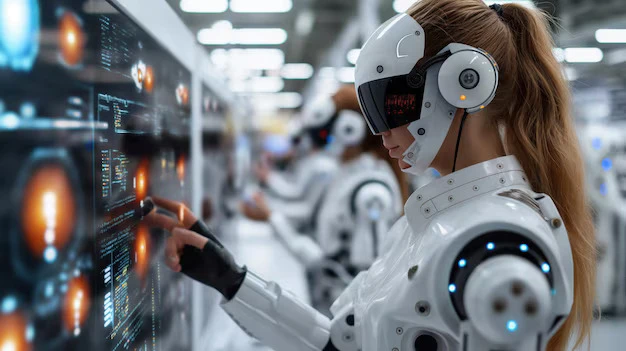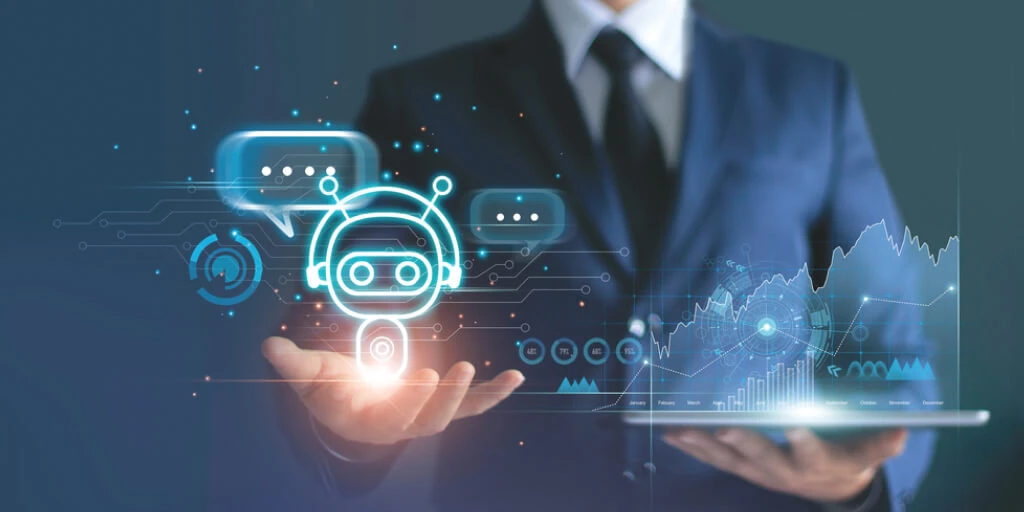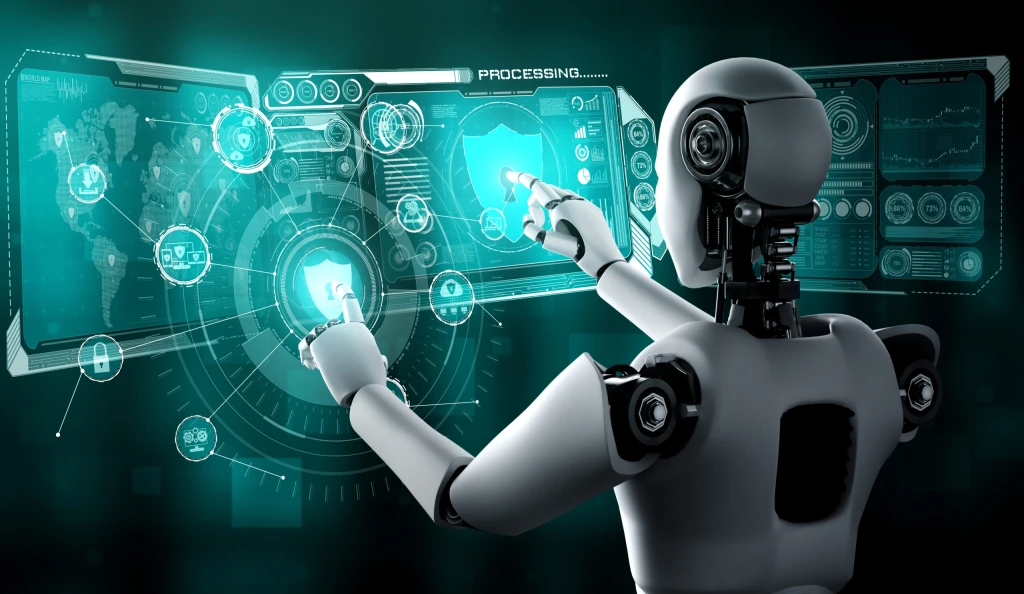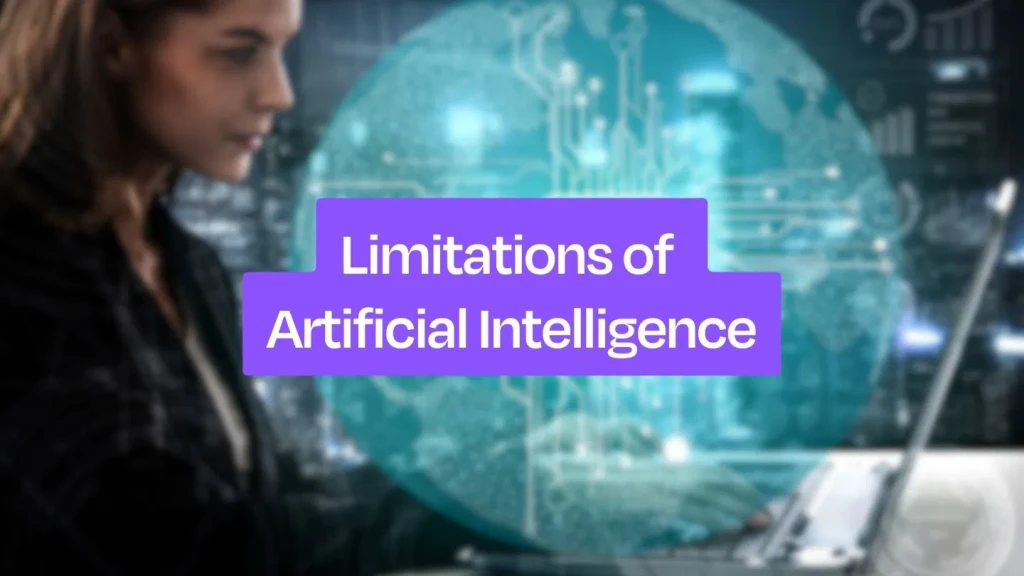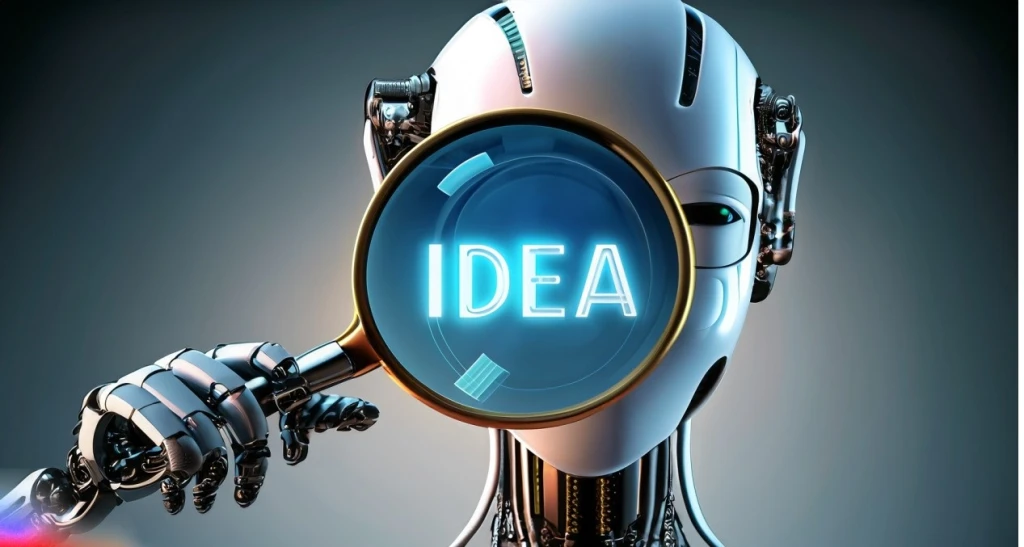1. Introduction to Claude 3.7
With improvements in logic, contextual understanding, and real-time adaptability, Claude 3.7 is set to redefine how businesses and individuals leverage AI for content generation, coding, problem-solving, and automation.
2. Key Features of Claude 3.7
Improved Logical Reasoning: Claude 3.7 exhibits better problem-solving capabilities, making it more effective for complex decision-making tasks.
Faster Response Time: Optimized algorithms allow the model to generate responses more quickly without compromising quality.
Expanded Knowledge Base: The AI is trained on a broader and more up-to-date dataset, improving its ability to provide accurate and relevant information.
Enhanced Context Retention: Claude 3.7 can process and retain context over longer interactions, making it suitable for detailed conversations and multi-step tasks.
Better Coding Abilities: With improvements in AI-assisted programming, Claude 3.7 can generate cleaner and more efficient code, making it an ideal tool for developers.
More Human-Like Interactions: The model is fine-tuned for a more natural and engaging conversational experience.
3. How Claude 3.7 Enhances AI Applications
Business and Productivity
Assists in generating reports, emails, and business plans with higher accuracy.
Automates repetitive tasks, freeing up human resources for strategic initiatives.
Provides data-driven insights for decision-making.
Software Development
Helps programmers write, debug, and optimize code efficiently.
Assists in learning new programming languages and frameworks.
Supports AI-driven software testing and automation.
Education and Research
Enhances personalized learning experiences by adapting to user queries.
Provides academic assistance with essay writing, analysis, and summarization.
Helps researchers analyze large datasets quickly.
Healthcare and Science
Aids in processing medical data and summarizing patient reports.
Assists in scientific research by analyzing papers and generating insights.
Enhances AI-powered drug discovery and clinical decision-making.
4. Claude 3.7 vs. Competing AI Models
Superior Logical Reasoning: Compared to previous AI models, Claude 3.7 demonstrates a stronger ability to break down and analyze complex topics.
More Ethical AI Development: Anthropic prioritizes AI safety and alignment, making Claude 3.7 less likely to generate harmful or misleading content.
Greater Contextual Awareness: The model is optimized for handling long-form interactions, making it more effective for in-depth discussions.
Developer-Friendly Tools: Claude 3.7 integrates seamlessly with APIs and coding platforms, making it a preferred choice for developers and engineers
5. Ethical AI and Safety Measures
Bias Reduction Techniques: Training methodologies designed to minimize biases and promote fairness.
Content Moderation Filters: Preventing the generation of inappropriate or harmful responses.
Transparent AI Practices: Providing users with insights into how Claude 3.7 processes and generates information.
6. Challenges and Areas for Improvement
Computational Cost: Running advanced AI models requires substantial computational resources, which may limit accessibility for smaller businesses.
Evolving AI Safety Concerns: Continuous monitoring and updates are needed to prevent potential misuse of AI-generated content.
Competition from Other AI Models: With rapid advancements in AI, Claude 3.7 must continue to evolve to stay ahead of emerging models.
7. The Future of Claude AI Models
Better Multimodal Capabilities: Expanding AI’s ability to understand and generate images, videos, and other forms of media.
Stronger Integration with Real-Time Data: Allowing AI to provide more accurate and updated responses.
AI-Powered Personalized Assistants: Creating AI systems that adapt even more dynamically to individual user needs.


